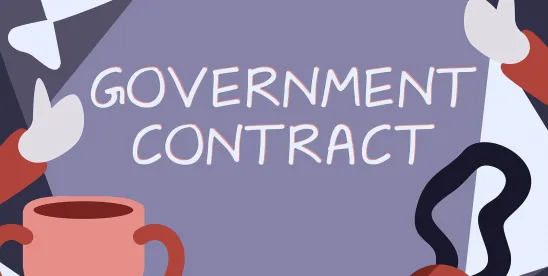In the flurry of developments last week in the run-up to the inauguration, it was easy to overlook one that could have significant and positive impact by making government more effective, efficient, and economical.
On January 17, 2025, Senators Joni Ernst (R-IA) and Chuck Grassley (R-IA) announced the launch of a bipartisan Inspector General Caucus. The other members of the caucus are Senators Maggie Hassan (D-NH), Richard Blumenthal (D-CT), Gary Peters (D-MI), and James Lankford (R-OK). Quoting Senator Ernst, “Inspectors General serve a vital role in uncovering waste in Washington and must be empowered to continue looking out for taxpayers.” Quoting Senator Hassan, “Inspectors General play a critical role in rooting out waste, fraud, and abuse within the federal government and the bipartisan Congressional Inspectors General Caucus will help build support for the important work that Inspectors General do.” Quoting a representative of the Inspector General community, Mike Ware, the Chairman of the Council of the Inspectors General on Integrity and Efficiency, “The Federal IG community looks forward to working with the bipartisan IG Caucus and Congressional leaders to enhance efforts to detect and prevent waste, fraud, abuse, improve government efficiency, and deliver for the American public.” Ware, who also serves as the Inspector General of the Small Business Administration and as the Acting Inspector General of the Social Security Administration, noted in a press release that the IG community’s work last year alone identified savings in federal programs of more than $93 billion, suggesting that there are even more savings to be found if IGs are given additional authority and resources to find them.
The new Department of Government Efficiency, or “DOGE,” that the Administration has created by renaming and reimagining the pre-existing United States Digital Service is expected to work hand in glove with the IG community, and with the encouragement of the new caucus, IGs may seek and secure from Congress enhanced authorities and increased budgets to further empower and incentivize them in combating waste, fraud, abuse, and mismanagement.
In addition to looking inward to see how else the agencies they oversee can be more effective, efficient, and economical in administering federal programs, IGs will no doubt feel emboldened to look even harder at how government contractors and grantees in the private sector use federal money and whether taxpayers who foot their bills are getting maximum bang for the proverbial buck.
The federal contracting process has long been criticized, by both parties and both ends of the ideological spectrum, for being unduly slow, cumbersome, hidebound, and complex, thereby stifling competition and innovation.
With the encouragement of both the new caucus and the new tech-focused, Silicon Valley-inspired DOGE, IGs may, then, in the next few years look even more critically at any legacy contractors that have recurring cost overruns and consistently poor performance, which may serve to contrast contractors that are newer, smaller, and perceived to be nimbler and disruptive.




 />i
/>i

